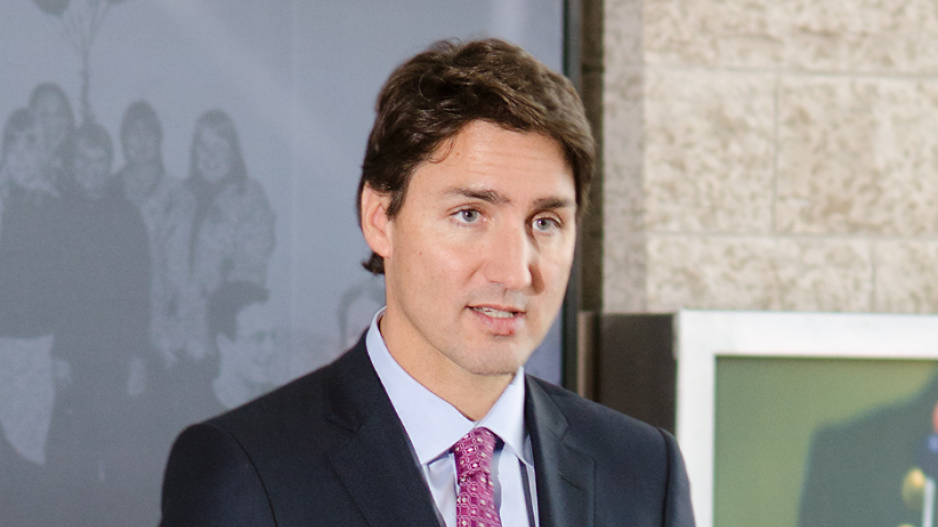As Canada prepares for a federal election in the fall, the way in which British Columbians relate to the current governing party will indubitably go through some changes.
The two best results for the Liberal Party of Canada in British Columbia came in the first campaigns of two leaders named Trudeau. Under Pierre Trudeau in 1968, the party garnered 42% of the vote in the province. His son Justin Trudeau took the Liberals to the top spot in 2015, with 35% of all cast ballots.
When Pierre campaigned again in 1972, economic setbacks made it difficult to recapture the magic of the original Trudeaumania. The Liberals formed a minority government, and their vote total in British Columbia dropped from 42% to 29%, finishing third behind the New Democratic Party and the Progressive Conservatives.
The 13-point drop took the Liberals from 16 seats in British Columbia to just four in 1972. Even as Jean Chrétien was forming massive majority governments in the 1990s and 2000s, the Liberals did not do remarkably well in British Columbia.
So, what can Justin Trudeau expect as he attempts to keep the 17 seats his party secured in British Columbia four years ago? There have been many opportunities for disappointment among those who supported the Liberals in 2015, whether in the form of the abandoned promise of electoral reform, the policy shift on pipelines or the controversy surrounding SNC-Lavalin.
At this stage, how British Columbians feel about the current government is no longer sunny. In the survey, 50% of British Columbians agree that “a different party would do things better in Ottawa as a government than the Liberals.”
The worrying issue for the governing party is that this group includes 25% of British Columbians who voted for the Liberals in 2015. That is, one in four of Trudeau’s voters is starting to look elsewhere.
A slightly larger proportion of British Columbians (53%) also believe that a different party leader would do things better in Ottawa as prime minister than Justin Trudeau. In this case, a third of 2015 Liberal voters (34%) believe there may be better options out there for the country’s top job.
Still, 38% of British Columbians expect the Liberal party to form the government again after the next federal election, including 41% of those aged 55 and over.
Faced with a new kind of uncertainty, and with a waning personal appeal, the way to win the next election for Trudeau is to campaign – oddly enough – like Stephen Harper did the first time he ran as an incumbent. It is no longer about making yourself the most attractive option for voters. It is about making all other choices less palatable. •
Mario Canseco is president of Research Co.
Results are based on an online study conducted March 8–10, 2019, among 800 adults in British Columbia. The data has been statistically weighted according to Canadian census figures for age, gender and region in British Columbia. The margin of error, which measures sample variability, is plus or minus 3.5 percentage points, 19 times out of 20.




